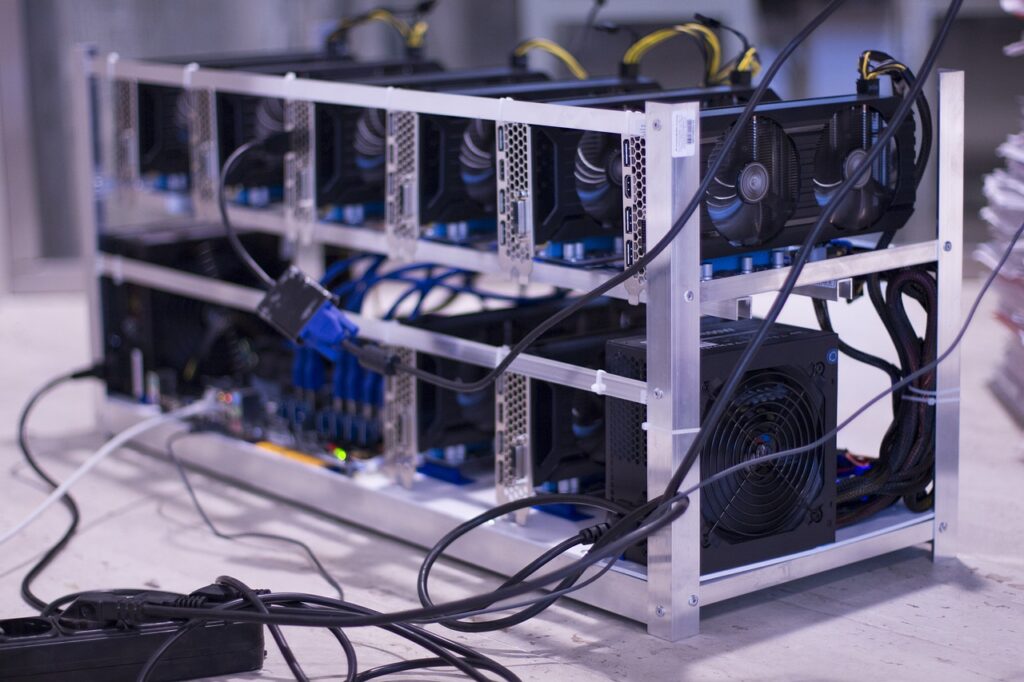Bitcoin Mining Could Help Stabilize Energy Grids, According to Hive
05.10.2024 16:00 2 min. read Alexander Stefanov
Interaction with regulators is essential for the Bitcoin (BTC) mining industry.
The reason for this is that governments often overlook the role of data centres in enhancing grid stability and facilitating the transition to renewable energy.
Recently, Hive Digital’s CEO, Aydin Kilic, outlined the company’s approach to overcoming regulatory challenges and expanding the use of renewable energy.
He highlighted that Bitcoin miners are actually “ideal customers” for energy providers, explaining that miners can quickly reduce their energy consumption when requested by utility companies, helping to balance the grid during peak demand.
This flexibility allows power to be rerouted to other areas in seconds, especially during emergencies like the Texas blackout.
Kilic emphasized that Hive is actively working with regulators to make them aware of the benefits of data centers for local economic growth and grid stability, especially in areas relying on renewable energy sources that can cause instability.
The company is working with various levels of government in Sweden, Canada and Paraguay, where misconceptions about the industry still exist. For example, while local officials often recognize the economic benefits of data centers, higher-level policymakers may not fully understand their value.
An example is Sweden, where authorities have amended the National Energy and Climate Plan 2021-2030 to reduce some subsidies for data centres as part of an environmental strategy. Kilic stressed the importance of policymakers being informed about how Bitcoin mining can support energy grids.
-
1
SEC Approves Trump Media’s $2.3B Bitcoin Treasury Move
15.06.2025 7:00 1 min. read -
2
Quantum Advances Put Bitcoin’s Security to the Test
16.06.2025 13:00 2 min. read -
3
Why Rising Energy Prices Could Supercharge Bitcoin, According to Expert
18.06.2025 16:00 1 min. read -
4
Michael Saylor Signals Fresh BTC Buy as Strategy Rides Out Geopolitical Turbulence
16.06.2025 8:00 1 min. read -
5
Corporate Bitcoin Adoption Still in Early Days, Says Bitwise CIO
13.06.2025 10:00 1 min. read
Arthur Hayes Warns of Bitcoin Pullback to $90,000: Here is Why
BitMEX co-founder Arthur Hayes has issued a cautious outlook for Bitcoin and the broader crypto market, predicting a possible short-term downturn as the U.S. government shifts its liquidity strategy.
Bitcoin Whales Accumulate as Long-Term Holders Hit All-Time High
Bitcoin’s bullish undercurrent continues to strengthen as on-chain data and derivatives market behavior reveal aggressive accumulation from long-term holders and whales.
Franklin Templeton Warns of Serious Risks in Institutional Bitcoin Treasury Strategies
As institutional adoption of Bitcoin accelerates, U.S. asset management giant Franklin Templeton has issued a cautionary note on the growing trend of crypto-based treasury strategies.
Bitcoin Climbs to $109,500: Why the Price is Up?
Bitcoin rose 1.78% over the past 24 hours to reach $109,500 at the time of writing, driven by surging institutional inflows into spot ETFs, easing global trade tensions, and strengthening technical momentum.
-
1
SEC Approves Trump Media’s $2.3B Bitcoin Treasury Move
15.06.2025 7:00 1 min. read -
2
Quantum Advances Put Bitcoin’s Security to the Test
16.06.2025 13:00 2 min. read -
3
Why Rising Energy Prices Could Supercharge Bitcoin, According to Expert
18.06.2025 16:00 1 min. read -
4
Michael Saylor Signals Fresh BTC Buy as Strategy Rides Out Geopolitical Turbulence
16.06.2025 8:00 1 min. read -
5
Corporate Bitcoin Adoption Still in Early Days, Says Bitwise CIO
13.06.2025 10:00 1 min. read


